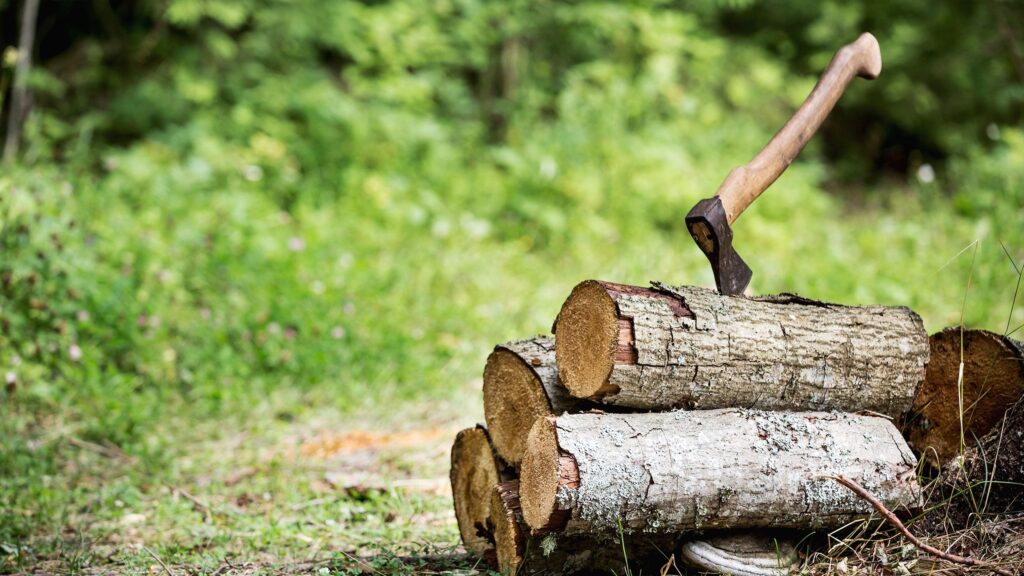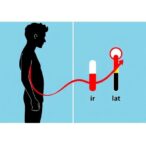Roche has dropped five Chugai candidates from its clinical pipeline, echoing actions the Japanese business took earlier this year.
Chugai revealed (PDF) the suspension of in-house development of the drug candidates as part of its second-quarter earnings in July. However, Roche, which reported its second-quarter results on the same day, left the assets in its own pipeline when the Swiss pharma updated its list of active programs. Three months later, Roche has used its third-quarter results to remove the five candidates from its pipeline.
The changes affect (PDF) four phase 1 Chugai solid tumor programs plus one phase 2 endometriosis drug candidate. Roche CEO Thomas Schinecker, Ph.D., told Fierce Biotech on a media call this morning that dropping the various Chugai cancer candidates doesn’t reflect a broader shift in the Swiss pharma’s oncology strategy.
Instead, the executive framed the actions as a continuation of Roche’s work to ensure candidates clear “the bar” before advancing. The company sets criteria assets need to meet to stay in its pipeline and continuously evaluates whether the data support continued investment, Schinecker explained.
Related
“As data comes in, data changes—it could be your own data, could be competitive data etc,” the CEO told Fierce on the call. “You constantly reassess the opportunity and likelihood of that molecule to be successful. So you constantly manage your portfolio that way.”
The most advanced new molecule to fail to clear the bar in the latest review was an anti-IL-8 antibody that Chugai called AMY109. Chugai found IL-8 expression was highly up-regulated in endometriotic tissues and closely correlated with disease progression, leading it to design a long-acting antibody to neutralize the cytokine. The Japanese drugmaker began a phase 2 trial in 2023.
Roche announced this morning that it had axed AMY109 alongside four phase 1 solid tumor assets. They include the pan-RAS inhibitor paluratide, also known as LUNA18. Chugai CEO Osamu Okuda commented on the decision to suspend development on an earnings call in July. The CEO said paluratide had a narrower therapeutic window than rival products, leading Chugai to shift its focus to the KRAS inhibitor AUBE00.
Another axed candidate, which Chugai calls STA551, was designed to avoid the toxicities associated with early attempts to drug CD137. Bristol Myers Squibb saw liver toxicity in recipients of its CD137 candidate urelumab, leading Chugai to design its therapy to only bind to the receptor when exposed to a molecule found in the tumor microenvironment.
Related
Tsukasa Kusano, head of Chugai’s project and life cycle management unit, told investors in July that the company had confirmed the tolerability of STA551 “up to dosage levels that would likely be unattainable with CD137 antibodies without switch functionality.” Kusano added that “efficacy was confirmed to some level.”
The Chugai executive also commented at the time about SAIL66, an anti-CLDN6 trispecific that Roche removed from its pipeline in the third-quarter cull. By also binding to CD3 and CD137, the candidate was designed to drive the sustained activation of exhausted T cells against tumors that express CLDN6. Chugai, which began a phase 1 trial in 2023, is planning to publish data on the candidate.
The final axed Chugai asset is SOF10, an antibody that targets a type of TGF-β that is expressed more in tumors than other isoforms of the growth factor. Targeting the TGF-β1 isoform was intended to avoid the cardiac toxicity and bleeding associated with less-specific molecules. A phase 1 trial began in 2023.
Roche ushered the Chugai assets out the door alongside one of its own candidates, RG6436. The LepB inhibitor was in phase 1 development as a treatment for complicated urinary tract infection. Roche made RG6436 the focus of its LepB work last year when it dropped its first-generation candidate RG6319.



